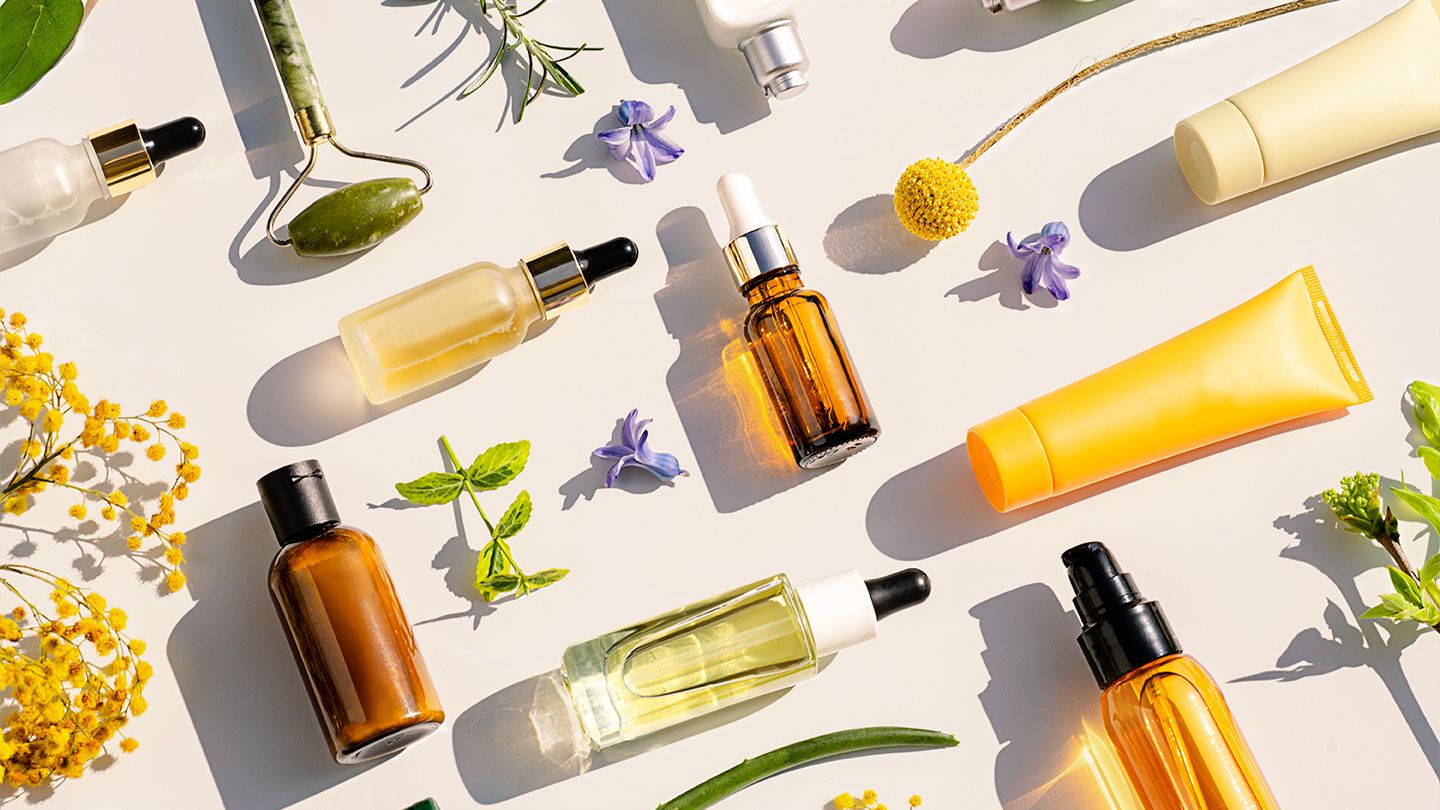
How to Use Natural and Organic Beauty Products
In today’s fast-paced world, the pursuit of beauty often leads people to use various skincare and beauty products. However, there’s a growing awareness of the importance of using natural and organic beauty products.These goods are beneficial for the environment as well as your skin. In this article, we will explore how to use natural and organic beauty products effectively to enhance your beauty regimen.
Table of Contents
- Introduction
- Understanding Natural and Organic Beauty Products
- Benefits of Natural and Organic Beauty Products
- Choosing the Right Products
- Reading Ingredient Labels
- Creating a Natural Skincare Routine
- Using Natural Makeup Products
- Homemade Beauty Recipes
- Caring for Your Skin from the Inside
- Eco-Friendly Packaging
- Common Myths About Natural Beauty Products
- Transitioning to Natural and Organic Products
- Tips for a Sustainable Beauty Routine
- Conclusion
- FAQs
1. Introduction
In a world where chemicals and synthetic ingredients dominate the beauty industry, the demand for natural and organic beauty products is on the rise. These products are not only safer for your skin but also better for the environment. Let’s dive deeper into the world of natural and organic beauty.
2. Understanding Natural and Organic Beauty Products
Natural beauty products are derived from plant-based ingredients, while organic products are made from ingredients that are grown without the use of synthetic pesticides or fertilizers. Understanding these distinctions is crucial when choosing the right products for your skincare and makeup routine.
3. Benefits of Natural and Organic Beauty Products
Discover the numerous benefits of using natural and organic beauty products, from reduced skin irritations to long-term skin health. These products are rich in vitamins, minerals, and antioxidants that nourish your skin naturally.
4. Choosing the Right Products
Selecting the right natural and organic beauty products requires research and careful consideration. Learn how to identify trustworthy brands and products that align with your skin’s needs.
5. Reading Ingredient Labels
One of the key steps in using natural and organic beauty products is learning to read ingredient labels. We’ll guide you through deciphering product labels and identifying harmful chemicals to avoid.
6. Creating a Natural Skincare Routine
Crafting a natural skincare routine tailored to your skin type is essential. We’ll provide tips on cleansing, moisturizing, and pampering your skin with natural ingredients.
7. Using Natural Makeup Products
Enhance your natural beauty with makeup products that are free from harsh chemicals. Discover how to incorporate natural makeup into your daily routine for a flawless look.
8. Homemade Beauty Recipes
Explore DIY beauty recipes using common kitchen ingredients. You can create masks, scrubs, and serums that are both effective and cost-efficient.
9. Caring for Your Skin from the Inside
True beauty starts from within. We’ll discuss how your diet and lifestyle choices play a significant role in achieving healthy, radiant skin.
10. Eco-Friendly Packaging
Learn about eco-conscious packaging and how choosing products with sustainable packaging can reduce your environmental footprint.
11. Common Myths About Natural Beauty Products
Separate fact from fiction as we debunk common myths surrounding natural and organic beauty products.
12. Transitioning to Natural and Organic Products
Making the switch to natural and organic beauty products can be overwhelming. We’ll provide a step-by-step guide to help you transition seamlessly.
13. Tips for a Sustainable Beauty Routine
Discover tips for maintaining a sustainable beauty routine that benefits both you and the planet.
14. Conclusion
In conclusion, embracing natural and organic beauty products can transform your skincare and makeup routine. Not only do these products enhance your beauty, but they also contribute to a healthier, more sustainable world.
15. FAQs
Q1: Are natural and organic beauty products suitable for all skin types?
Q2: Can I make my own natural beauty products at home?
Q3: What should I look for in ingredient labels when buying natural products?
Q4: How can I ensure the eco-friendliness of a beauty product’s packaging?
Q5: Are natural and organic beauty products more expensive than conventional ones?







